On April 21 the official channel of Belarus border control complained that Poland & Lithuania hamper the truck flows from the EU to Belarus. The question is - why would Poland and Lithuania allow any traffic at all? Belarus is *the* main Russian smuggling channel and trade proxy 
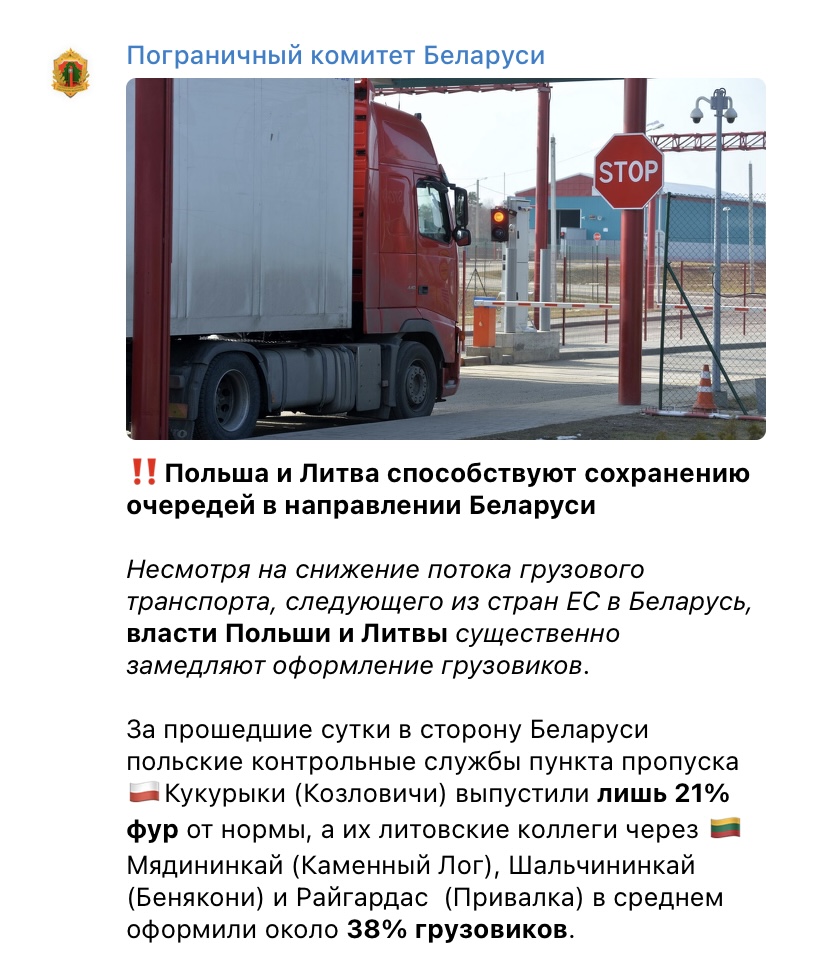
For years Belarus has been the main hole in Russian customs system. It's common knowledge in Russia. Consider the meme about the Belarusian octopuses 

Since the late 1990s Russian discourse focused on imperial restoration. Collapse of the USSR was a tragedy because we lost lots of land and people. Therefore, we must promote some sort of integration to lowkey take it back. Slavic Ukraine and Belarus were the priority of course 
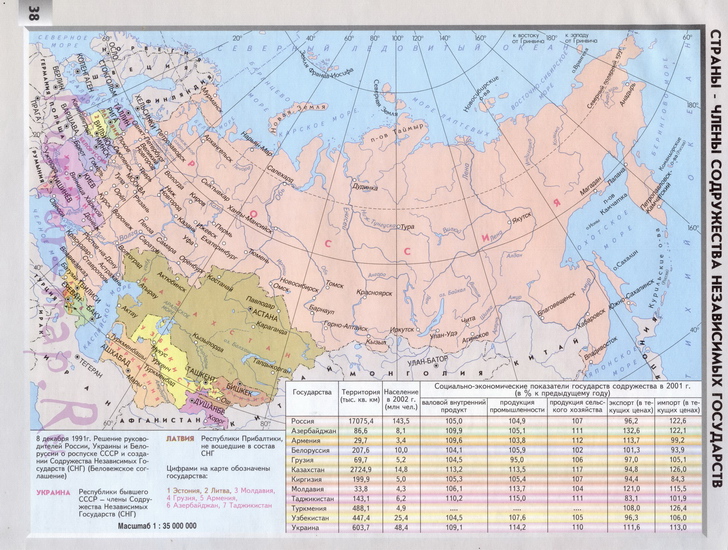
Unfortunately, Ukraine showed very little enthusiasm in this integration. On the bright side, Belarusian dictator Lukashenko was much more cooperative. In 1997 he signed a Union Treaty with Russia. In December 1999 it was transformed into the Union State of Russian and Belarus 
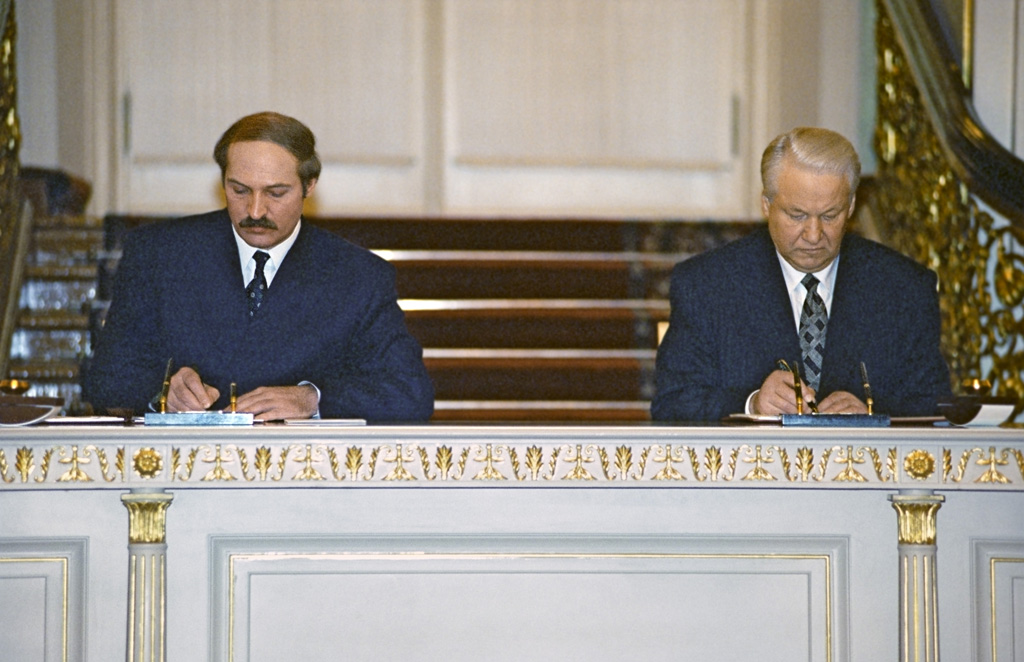
Both sides acted in their self-interest. Self-interest of Kremlin was in boosting its legitimacy. President Yeltsin was absolutely hated, his rate of approval was probably about 6%. Integration with Belarus would boost his legitimacy because nobody in Russia saw it as integration 
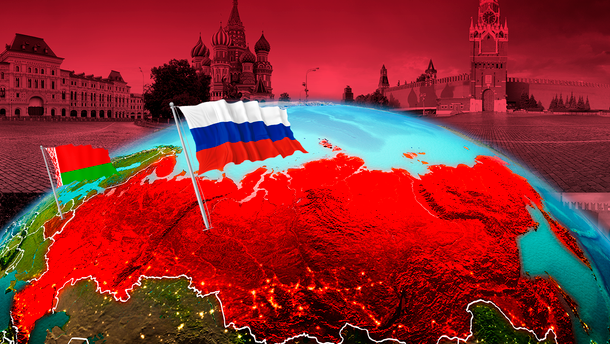
Integration of such wildly unequal powers as Russia and Belarus would be viewed as the annexation of Belarus by Russia. Which would make a ruler in Kremlin a Collector of the Russian Land, kinda new Ivan the Great. Both Yeltsin and Putin needed this reputation desperately 
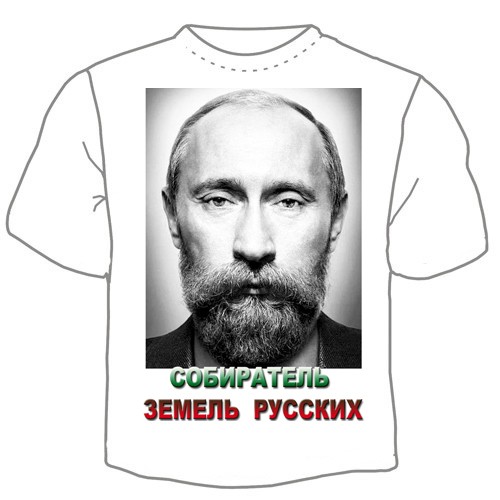
What was the self-interest of Lukashenko then? Well, that changed over the time. Everything changes over the time and human goals change, too. The first thing we need to understand about Lukashenko is that he is a smart guy. Like *really* smart, way smarter than Yeltsin or Putin 

I won't go too deep into details on Lukashenko's career or his rise to power right now. You can read a very decent account on his rise in English here. Just remember not to use sci hub to download this article for free. That would be unethical 

Consider how Lukashenko is talking with Putin
I'm upset that Putin didn't promote me to a colonel. I'm still a lieutenant colonel. He promised to make me a colonel but didn't. If Putin makes me a colonel, then I'll make him a general
Last punchline is really good
I'm upset that Putin didn't promote me to a colonel. I'm still a lieutenant colonel. He promised to make me a colonel but didn't. If Putin makes me a colonel, then I'll make him a general
Last punchline is really good
How does Lukashenko get away with such behaviour? By playing an idiot. Here for example he shows how the Special Operation is going "accidentally" disclosing how Ukraine will be divided after the victory
(Do we know it's the real plan of partition? Idk. But that's a statement)
(Do we know it's the real plan of partition? Idk. But that's a statement)
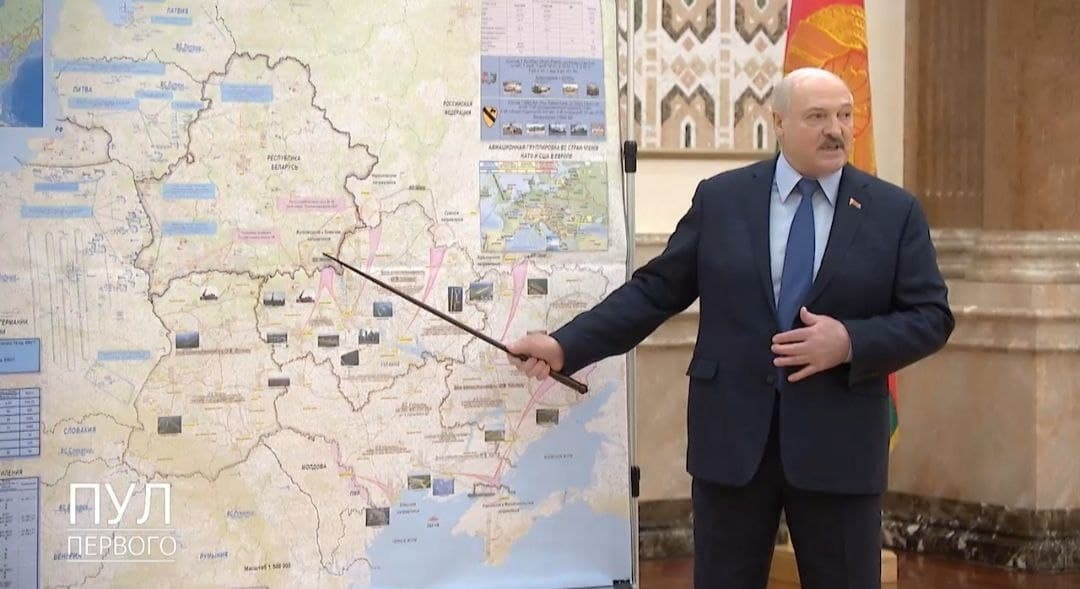
Lukashenko told that massacre in Bucha was a psychological operation by the Englishmen. Plate numbers of cars on which the English drove to Bucha can be provided by the Russian Federal Security Service
Look on Putin. He's super uncomfortable. Because Lukashenko is doing sabotage
Look on Putin. He's super uncomfortable. Because Lukashenko is doing sabotage
"Our consciousness is clear. They started shooting 2 days before. I'll show you a map of their plans to invade Belarus. If 6 hours before we hadn't made a preventive strike, they'd attack. It's good [we] did it. Biological weaponry, nuclear plants, it was all ready to blow up"
Lukashenko refers to the Ukrainian bliological weaponry, but claims they planned to blow up their own nuclear plants as well. His narrative is a combination of normal Russian propaganda with cartoonishly exaggerated claims. And the latter invalidate the former. That's a sabotage 
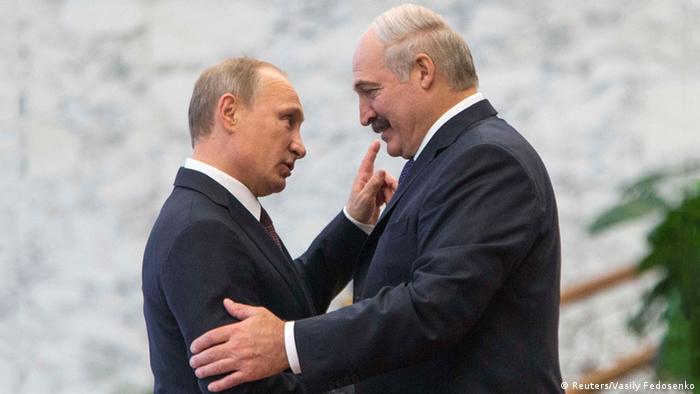
How does Lukashenko get away with all of this? Well, by playing stupid. He's playing a naive but well-intentioned bumpkin. Ofc he's making mistakes, but don't judge him too harsh, he doesn't know any better. That's a strategy. His rural [=low status] image is also a strategy 

In Russia Lukashenko is mocked as "kolkhoznik" - a collective farm worker. Kolkhozniks were low status semi-serf population which didn't even have passports (=couldn't move out) before 1974. There's a strong prejudice against rural people, combining social racism with just racism 

Why is Lukashenko playing a naive kolkhoznik then? Well, that's a strategy. Nobody will expect smart scheming from him, whereas in fact he's a master schemer. Now we know Lukashenko as a dictator. But in early 1990s he was an oppositional politician and an anti corruption fighter 

Fearless criticism of rotten political establishment made Lukashenko a leader of the opposition. Government didn't dare to just fake the elections, because they were shocked by the collapse of the USSR and didn't know how much fraud they are allowed to do under the new order 

Lukashenko was the most popular politician in Belarus. His platform was unobjectionable: against corruption and electoral fraud. And who'll advocate *for* corruption and electoral fraud? Nobody will. Thus he became an MP, then a leader of the opposition and finally the President 
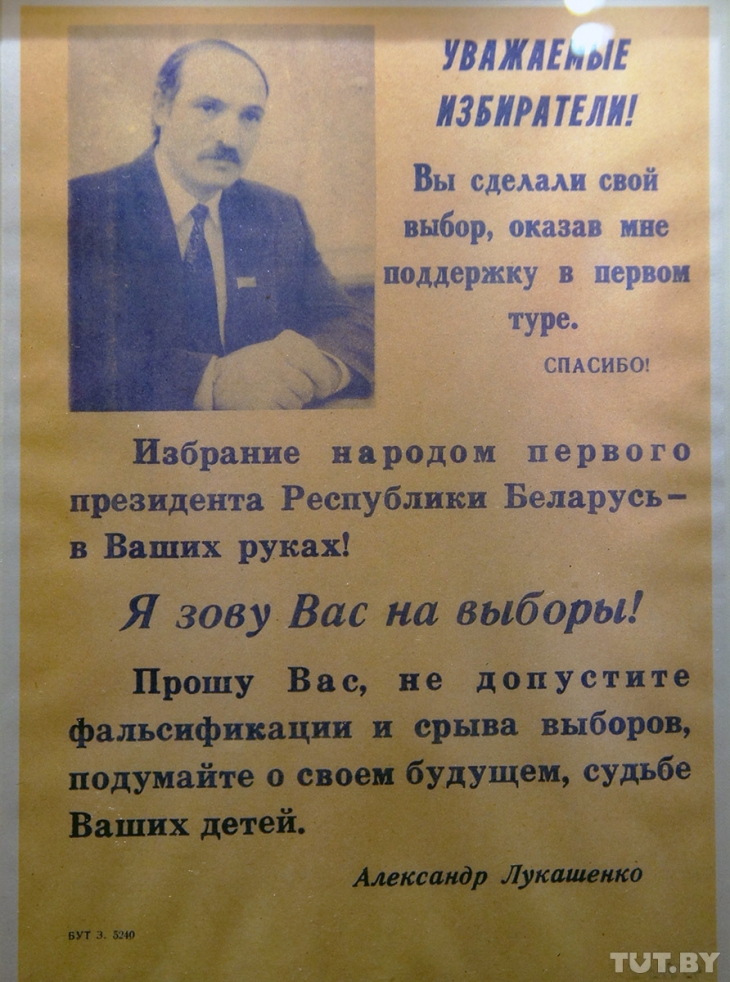
Ofc after being elected he usurped power and built a dictatorship, aiming to create something like a hereditary quasi monarchy. Notice his minor son Kolya near his dad - also in uniform and in epaulets. The heir apparent 

Lukashenko is a skilled politician, far superior than Putin. The only example of almost Lukashenko level public politician in Russia that I know of is @navalny who is using a very similar strategy. I'll soon write a thread on why I stand agains the Muscovite liberal opposition 

So what did Lukashenko try to achieve by promoting the Union with Russia? Well, initially he wanted to rule Russia. The frai and unpopular Yeltsin couldn't rule for much longer. As long as Lukashenko hoped to succeed him, he pursued a policy of *genuine* integration with Moscow 
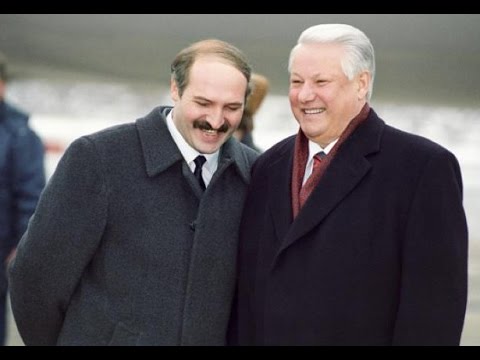
Lukashenko used to be wildly popular in Russia and was often viewed as a potential saviour of the Empire who would collect the Russian land 
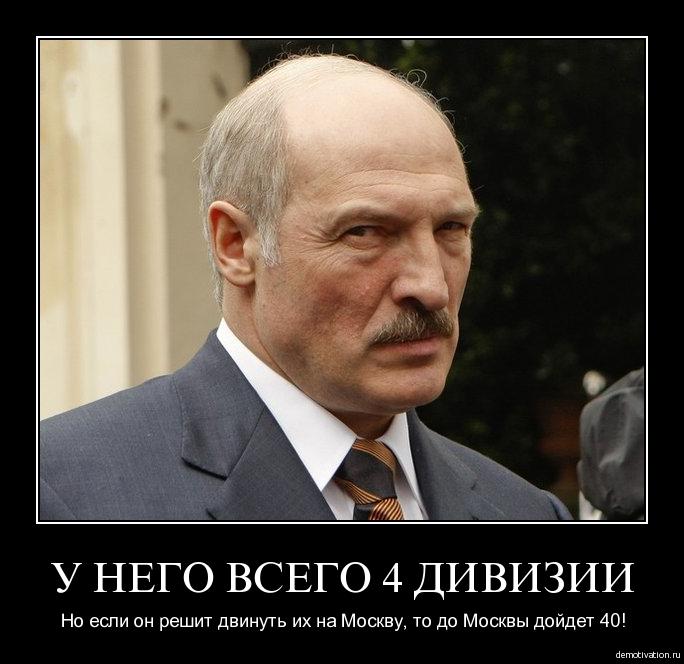
It didn't work out. Frail Yeltsin appointed a young and healthy heir who soon became super popular by pacifying Chechnya. Now Putin became the Collector of the Russian Land, counting the tradition of the Dukes of Moscow. Lukashenko was outmanoeuvred. And his policy goals changed 
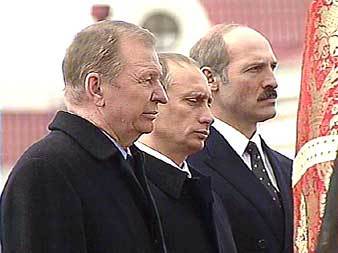
In 1990s Lukashenko was probably genuine about the integration. That's understandable. He hoped to be the supreme leader of the new Russian empire. After 2000 however, annexation of Belarus by Russia meant that he would be (at best) the regional governor of that empire. Fuck it 

Since 2000 Lukashenko has been building his dynastic quasi monarchy. He didn't break up with Russia ofc. Instead he milked it economically in every way possible. How could he do it? By luring Putin with prospects of integration. Putin was very predictable and Lukashenko used it 
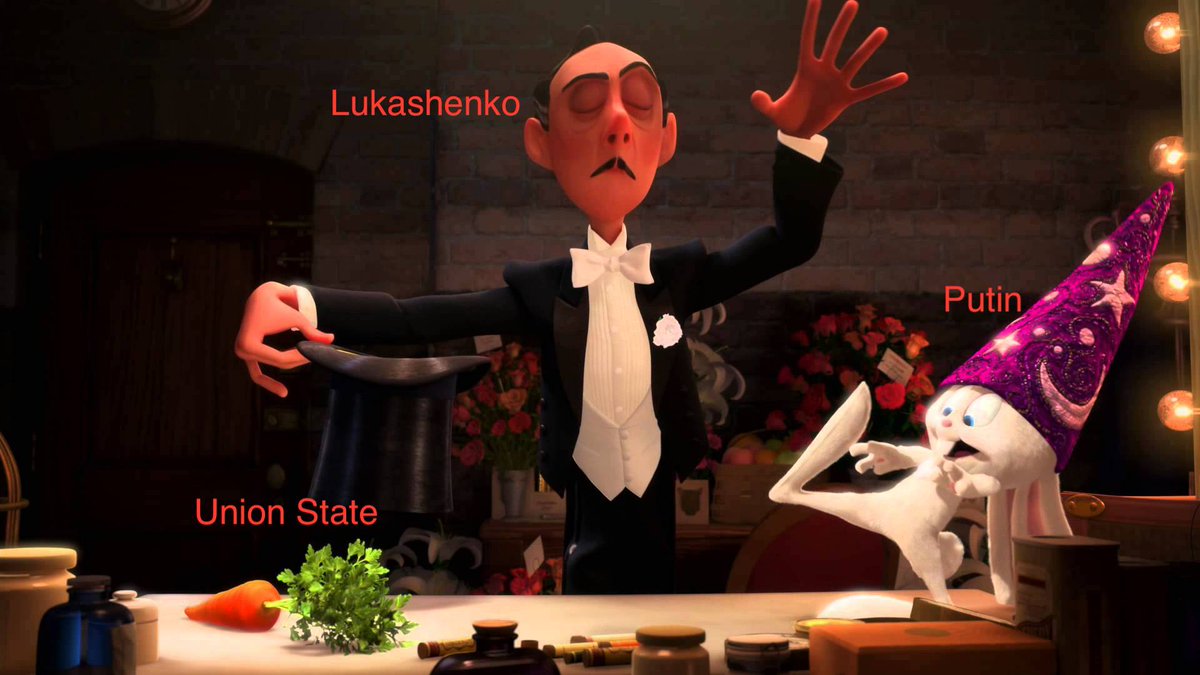
Lukashenko could buy Russian resources for almost free. Union tariff system effectively subsidised the export of his uncompetitive goods to Russia. He borrowed massively from the Russian state and its "private" proxies. These loans were mostly never repaid. That's all well known 

I'll make a pause and then continue the story about the Russian-Belarusian economic relations. I'll start with the tax manoeuvre negotiations and then talk about Lukashenko's personal business interests in Russia. In a few hours
Belarus was buying Russian oil and gas at the dump prices. Because of the Union State, Russian oil & gas exporters to Belarus didn't have to pay custom duties. It allowed Lukashenko to buy Russian oil at prices far below market, process it on his refineries and export to Europe 
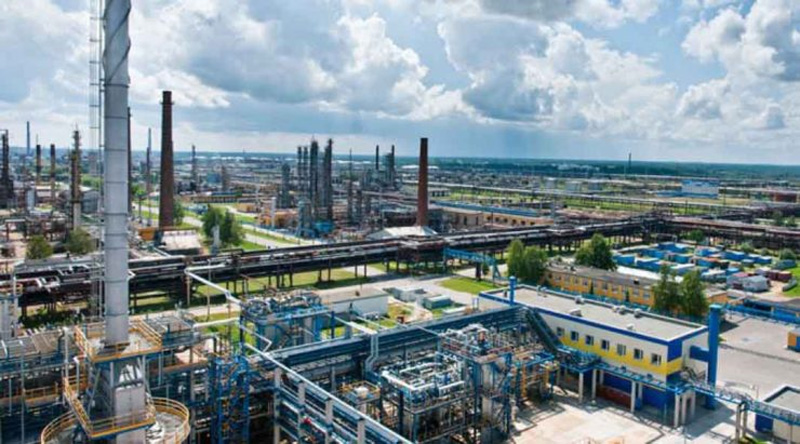
And yet, in 2015 Russia started a "tax manoeuvre" aiming to reduce oil export custom duties to zero. Lukashenko demanded a compensation of 3,4 billion dollars. According to RBC, Putin agreed to pay 300 million usd rbc.ru/politics/21/02… 
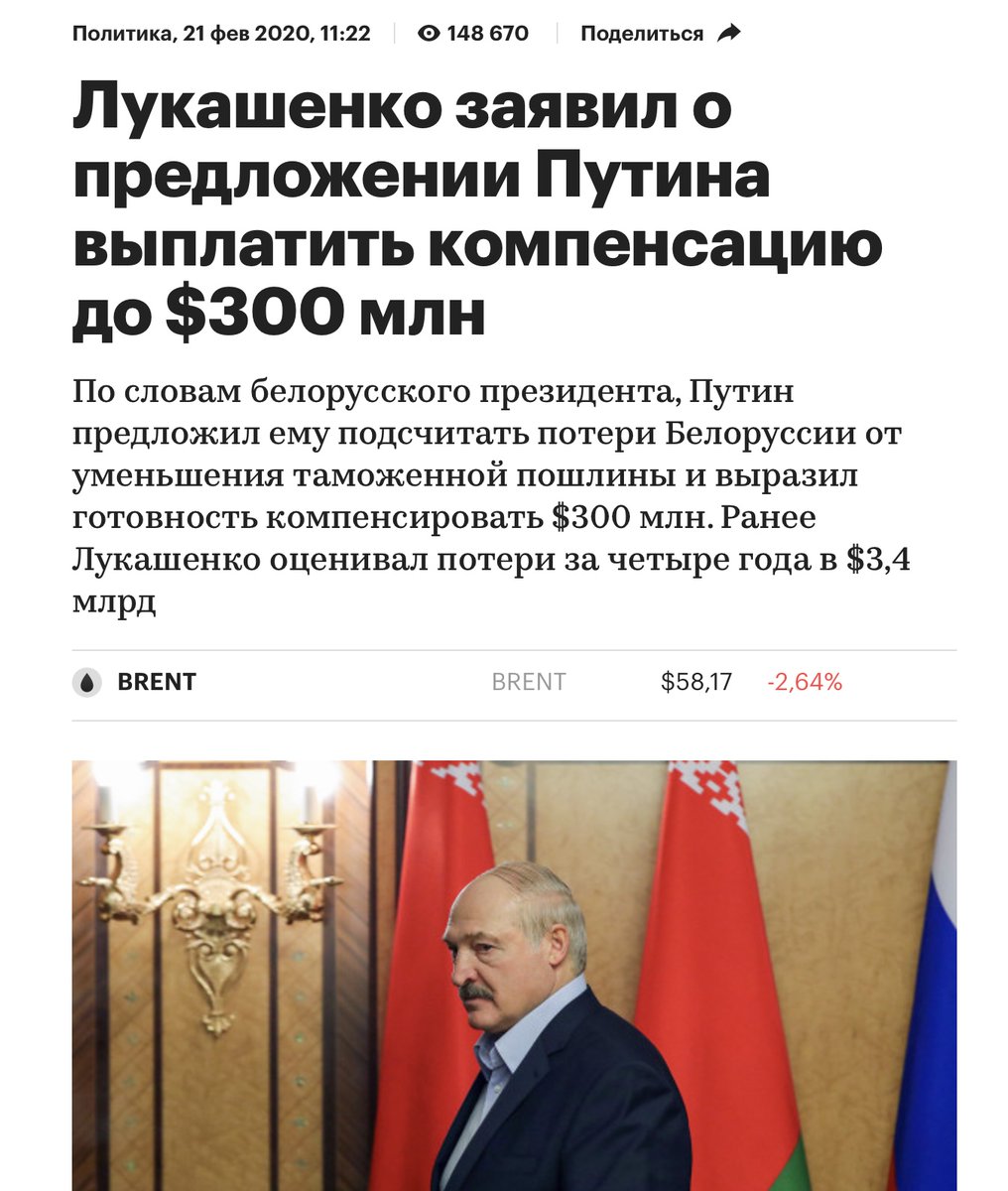
Why would Russia pay anything? Well Dmitry Medvedev explained it better than anyone else. Belarus made 31 "roadmaps" for integration with Russia (= raised 31 demand):
"Even one roadmap we didn't agreed on (= demand we rejected) may threaten our integration process" told Medvedev
"Even one roadmap we didn't agreed on (= demand we rejected) may threaten our integration process" told Medvedev
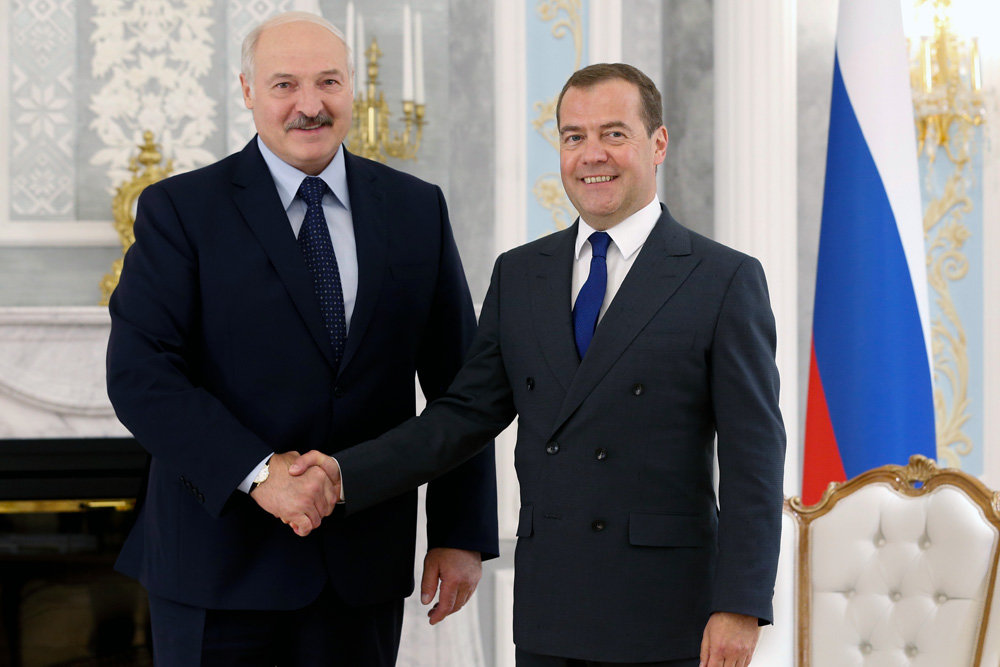
Indeed, after a previous round of negotiations in 2019 Lukashenko played anger:
"Our economy is only losing. Sorry, but for which fuck (на хрена) do we need such a Union?"
Peskov responded that Kremlin has heard Lukashenko but still believes in immutability of the Union
"Our economy is only losing. Sorry, but for which fuck (на хрена) do we need such a Union?"
Peskov responded that Kremlin has heard Lukashenko but still believes in immutability of the Union
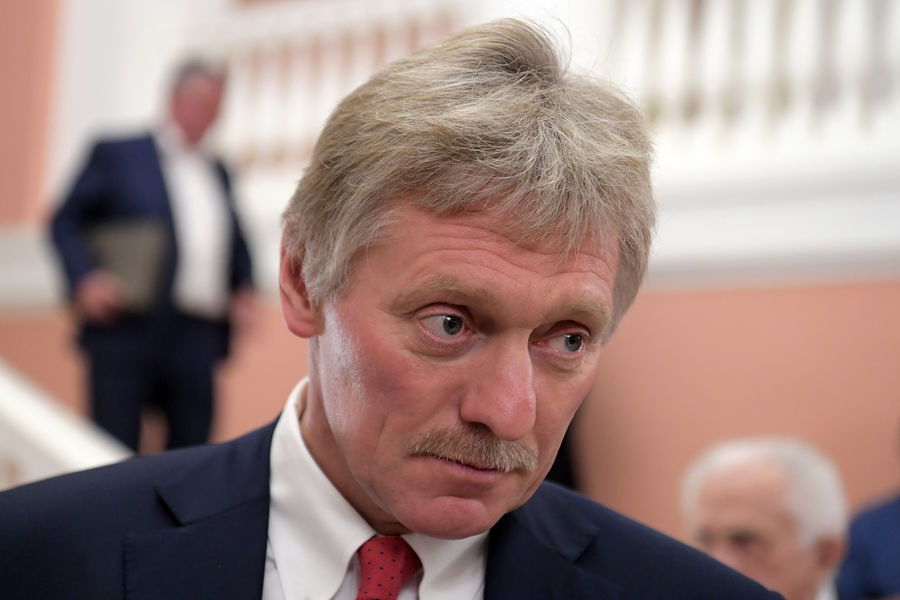
Lukashenko knows Putin *must* keep on integrating with Belarus. He's just too invested in the "Union" which allows him to play the Collector of the Russian Land and thus legitimise his rule. This makes Putin predictable and thus exploitable. That's how a tail wags the dog 

This conclusion looks less of exaggeration if you consider the context of Russia-Belarus negotiations and read Medvedev replique once again. "Even a single roadmap not agreed upon (= a single Lukashenko's demand not met) may threaten our rebooted process of integration" 

Notice the word "rebooted". It implies that Kremlin previously initiated a process of integration, but then it stopped for some reason. Then we rebooted it, but if we anger Lukashenko in any way, it may be stopped again
Putin is very predictable
Putin is very predictable

Lukashenko has a carrot which Putin needs desperately. Illusion of "integration" with Belarus allows Putin to maintain his image of Collector of the Russian Land and thus legitimise his power within Russia. Putin needs Lukashenko's goodwill to keep the show going 
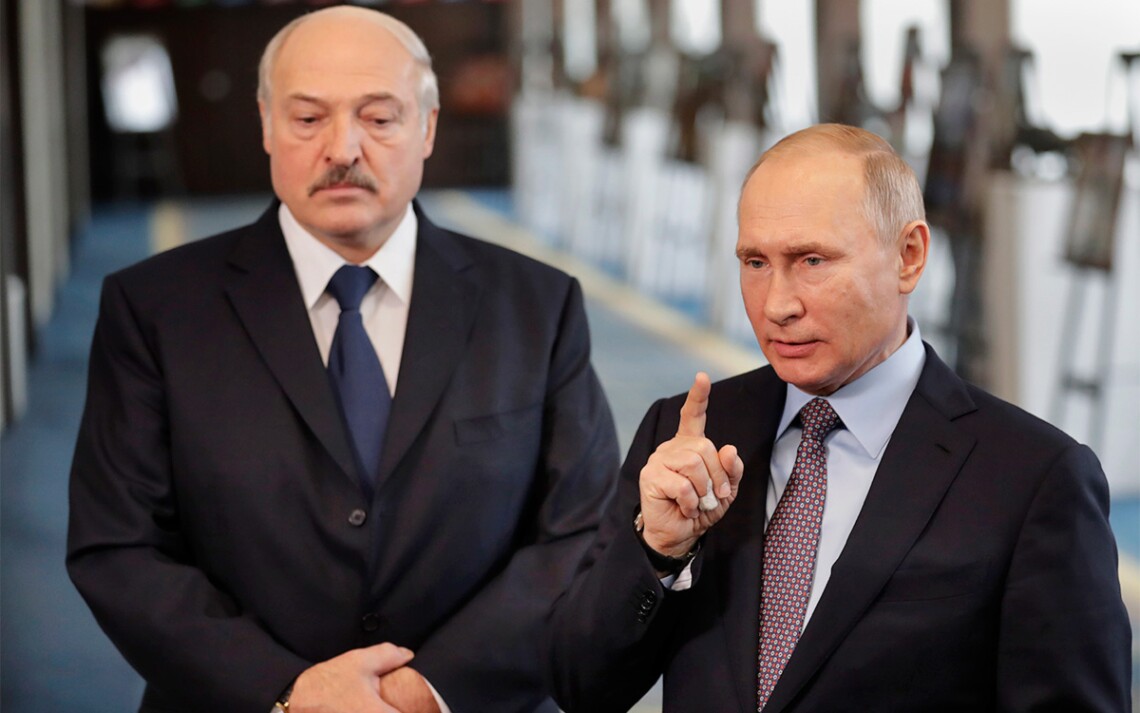
Let me tell you a story that shows har far Putin will go in order to avoid displeasing Lukashenko. Uralkali is a potash fertiliser producer very close to Kremlin and personally controlled by Putin's friends. Sergey Chemezov, a member of Putin's inner circle is its chairman 
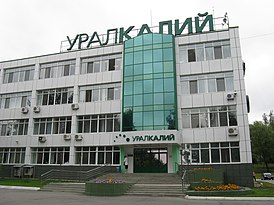
The fact that a potassium company is controlled by a Putin's friend is systemic. Why would Putin's personal friends (= the most dominant people in Russia) aim to control it? Because this industry is simple enough to generate cash for a long time under incompetent management 
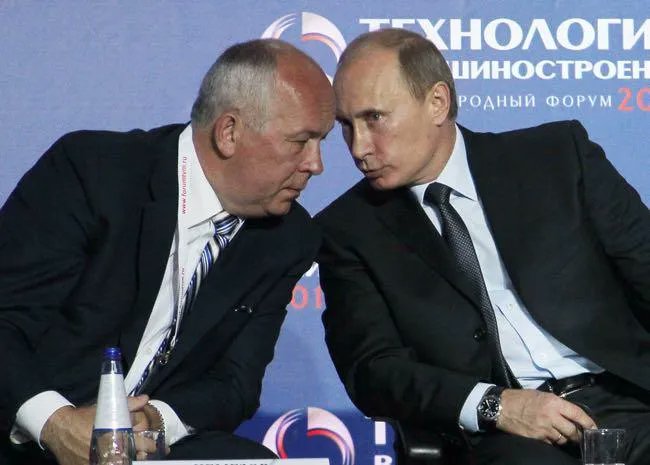
Let's visualise the dominance hierarchy within Russian economy. Oil & gas are the simplest lucrative industries. Thus they are dominated by Putin's friends. Metallurgy is more complicated. So it's run by old 1990s oligarchs. Machinery is even more complex. So it's left for losers 

I discussed this negative correlation between complexity of an industry and the dominance rank of an interest group controlling it here. What is important now is that potassium fertiliser production is an industry simple enough to be very close to Kremlin
https://twitter.com/kamilkazani/status/1501360272442896388
Unfortunately Uralkali's CEO Vladislav Baumgertner angered Lukashenko. Why? Some say he competed with Belarusian potassium fertiliser producers too hard. Others argue that he showed disrespect crossing his legs when talking to Lukashenko 

After negotiations with Lukashenko in 2013, Baumgertner was arrested.
"Our PM invited that weasel. He crossed his legs and told: this won't happen, that won't be. He left, spit on our Cabinet House and drove to airport laughing. And there he [was arrested]" explained Lukashenko
"Our PM invited that weasel. He crossed his legs and told: this won't happen, that won't be. He left, spit on our Cabinet House and drove to airport laughing. And there he [was arrested]" explained Lukashenko
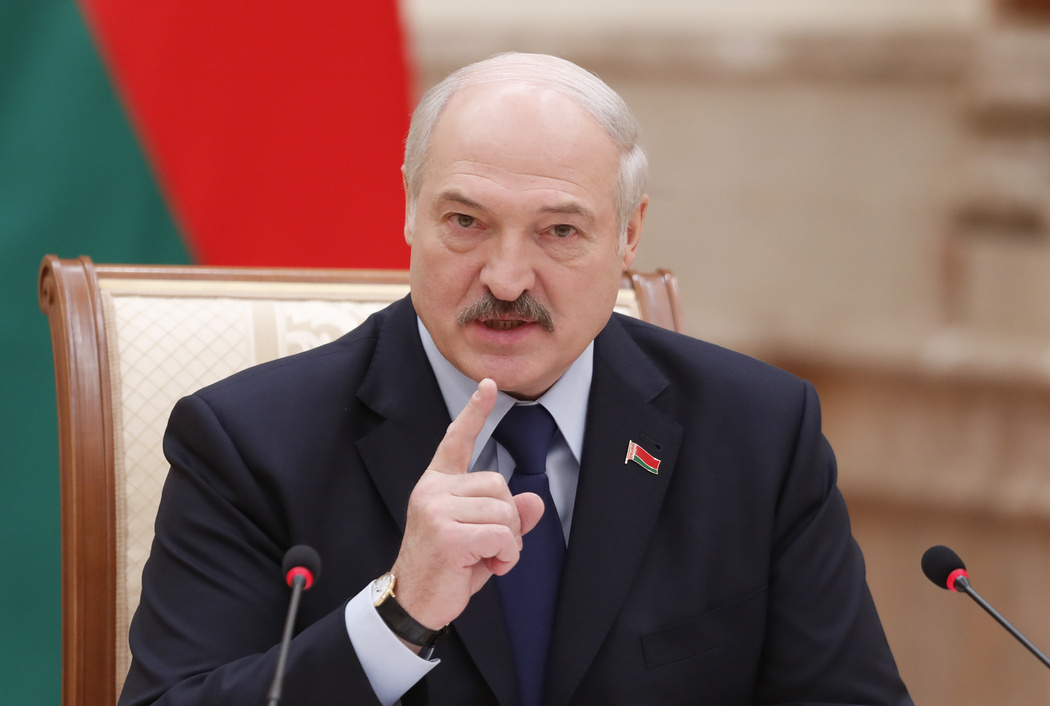
After the arrest Baumgertner was put into a 6 square meter cell where he spent a month wearing the same suit he had during the negotiations with the President. He and Russian oligarch Kerimov (in absentia) were charged with economic crimes and faced up to 10 years of prison 
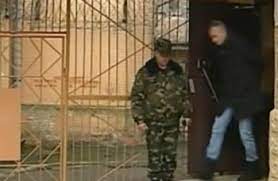
Two Russian Deputy Prime Ministers, Foreign Ministry, and a President aide condemned the arrest of Baumgertner and demanded his release. Lukashenko redused. So Russian government had to indict him with crimes as well. On 14 October he was charged and on 17th arrested in absentia 
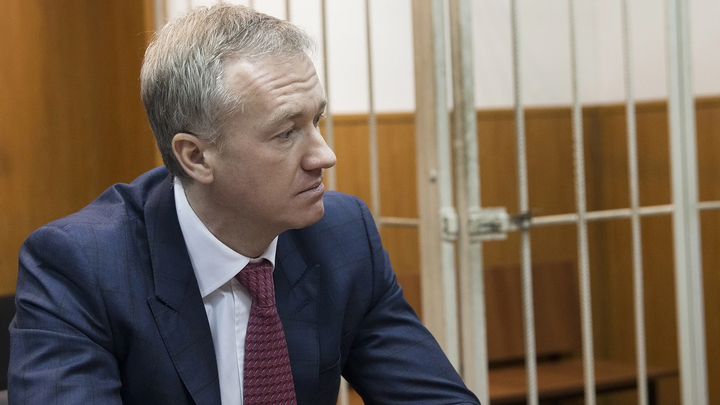
On October 21 Lukashenko declared he can release Baumgertner for a compensation of 1,5-2 billion USD. On November 21 he was extradited to Russia and put to a Moscow jail СИЗО № 5. Extradition was the only chance to get him out of Belarus, so Kremlin abided to Lukashenko's rules 
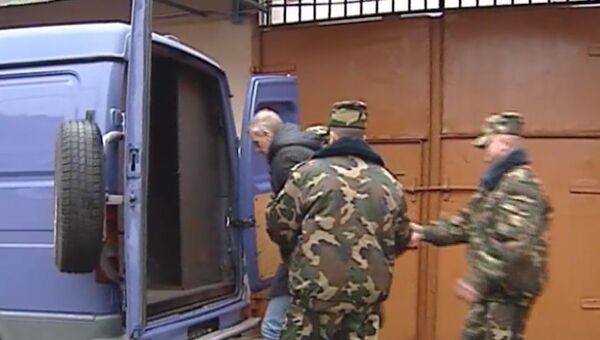
Rehabilitation of Braumgertner was very gradual. On December 10, 2013 he was released from prison and put under the house arrest. On September 17, 2014 he was released from the house arrest. And only on February 20, 2015 Russia finally cleared him of all charges 

That's not the craziest part of this story. According to the Russian Izvestia newspaper iz.ru/news/559603 in October 2013 Belarusian state security hunted Uralkali top managers *in Moscow*. They tried to arrest some of them on Leningradsky railway station in Moscow 
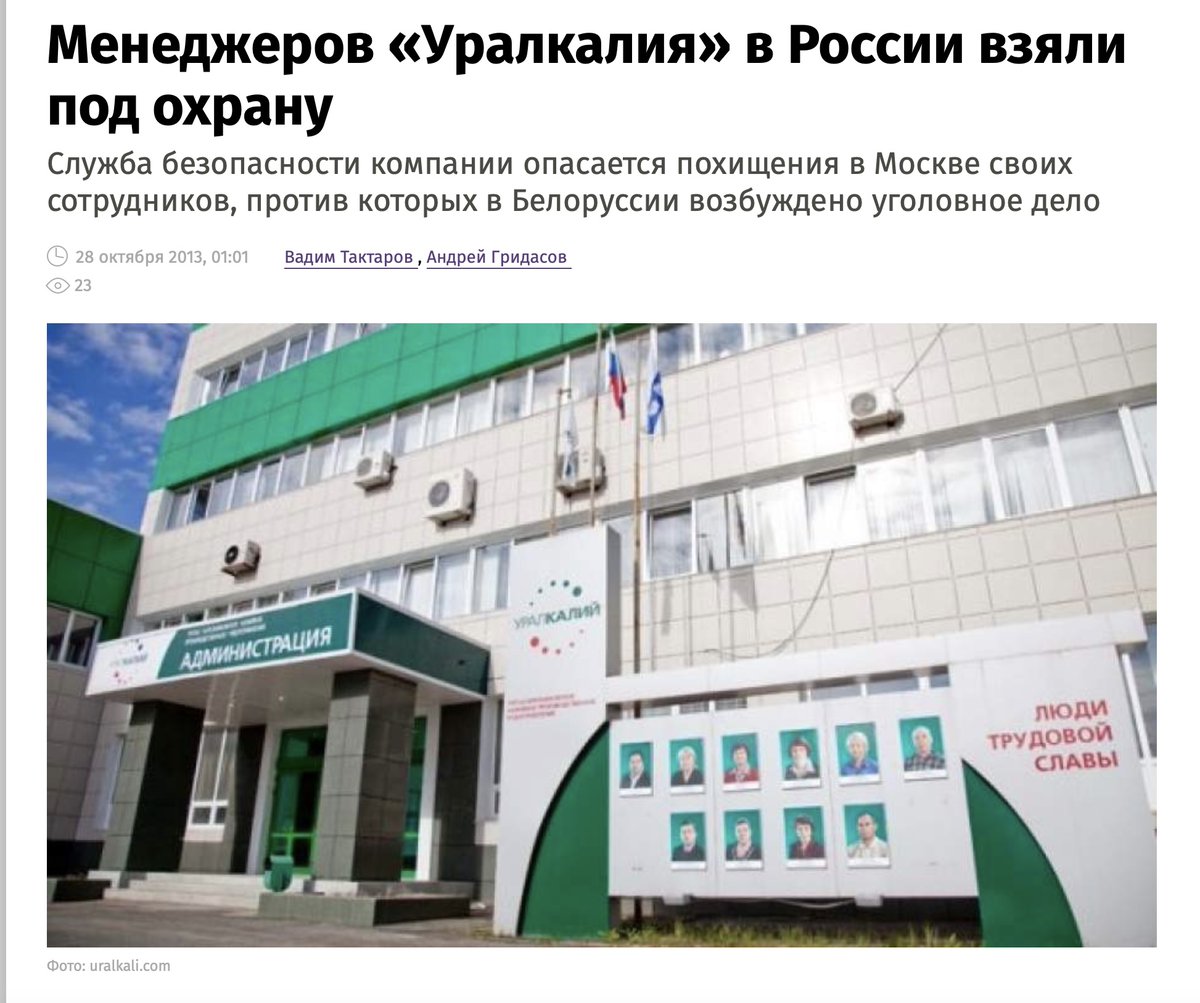
Solodovnikov, Evstratov and Samoilov managers noticed strange cars that followed them 24/7 all around Moscow. They spent whole nights parked near those manager's homes. Uralkali security officers approached those guys and they told straight out that they are Belarus KGB officers 

Uralkali security service reported:
- They don't really hide and act as if they feel their impunity. When we approach them and ask them to introduce themselves, they just show their [Belarus] KGB IDs
Lukashenko's agents spied over Russian managers in Moscow and didn't even hide
- They don't really hide and act as if they feel their impunity. When we approach them and ask them to introduce themselves, they just show their [Belarus] KGB IDs
Lukashenko's agents spied over Russian managers in Moscow and didn't even hide

Lukashenko's agents tried to kidnap Samoilov. They were pretty straightforward: Samoilov was on a train ready to depart from Moscow to St Petersburg. They just entered the train, and forced him out - but he screamed for police which eventually made them release Samoilov 
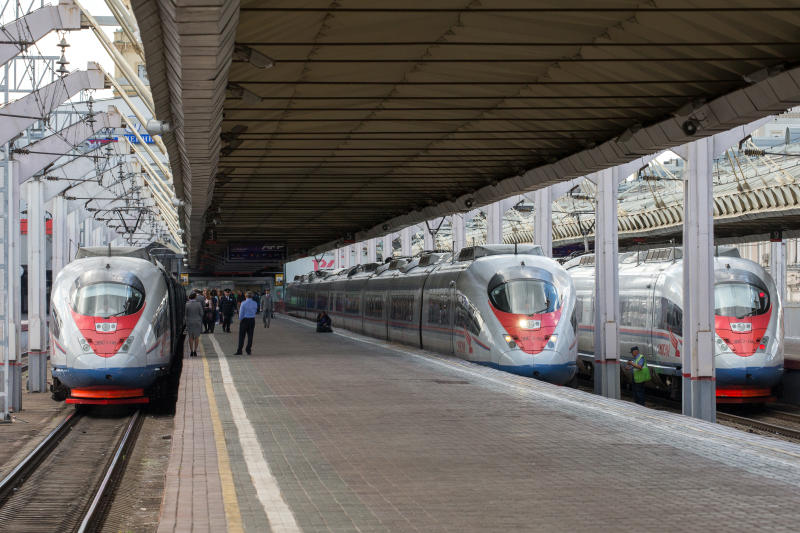
So what does the story of Putin and Lukashenko teach us? First, how easy it is to manipulate Putin if you understand him. Putin is *way* more powerful than Lukashenko. And yet, the latter still wags the dog. Because he pretend he'll give Putin the carrot and yet, never gives it 
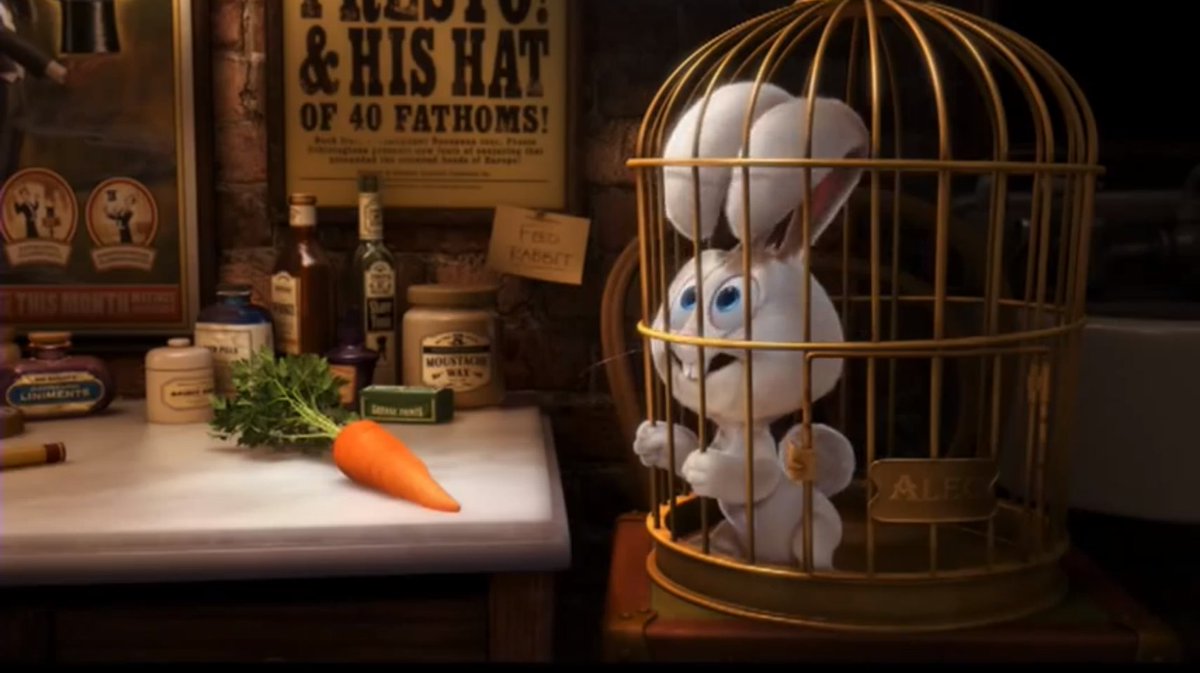
Westerners are afraid to "provoke" Putin. or give him pretext for escalation. Lukashenko isn't afraid at all. Hardly a day passes without Lukashenko giving Putin yet another pretext for the escalation. And Putin backs off. Because pretexts play no role in his decision to escalate 

Second, difference between phenomena and noumena. If he looks as a buffoon, it may be his strategic decision. A buffoon can threaten, blackmail, insult with audience thinking it's silliness of a bumpkin who doesn't know any better and can bear no responsibility for his actions 

Lukashenko repeatedly exaggerated pro-Russian narrative, effectively reducing it to the absurd. And yet, nobody perceived it as a sabotage. Instead people saw it as a silliness of a buffoon and made memes on Lukashenko showing the map of intended Ukrainian attack on Belarus
This one might be much better actually
Third it shows that the "anti-corruption" and "anti-election fraud" agenda can be a perfect cover for a power hungry politician. Why? Because it's unobjectionable. Focus on something unobjectionable to silence anyone who will point out that your plans are quite sinister 
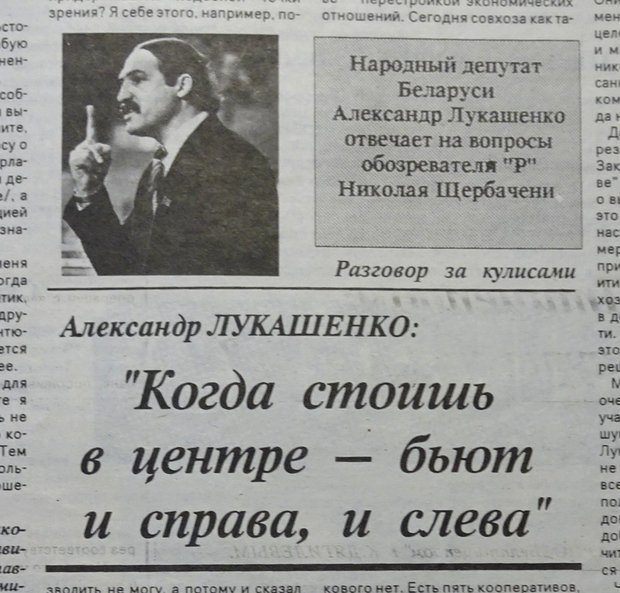
If we think in higher orders, the story of the Union State illustrates the phenomenon of something @SamoBurja might have possible called a dead institution. Originally it was designed to serve Yeltsin's and Lukashenko's self-interests and was very much workable
Yeltsin could legitimise his rule showing himself as an imperial restorer. Lukashenko hoped to inherit Yeltisn's power over Russia when he dies. But after Putin came to power Lukashenko had no motivation to aim for the *real* integration anymore. It was a dead institution now
On Belarusian octopuses. Since Belarus is the main hole in the Russian customs system pretty much all of smuggling to Russia goes through this country. When Russia prohibited European food imports in 2014, Russian market was flooded by the seafood produced in a landlocked Belarus 

For years Lukashenko smuggled European consumer goods to Russia. However, now he might earn much more by organising Russian technological import necessary to keep Russian supply chains and this war going on. That's why any European trade flows to Belarus must be stopped. End of🧵
• • •
Missing some Tweet in this thread? You can try to
force a refresh





